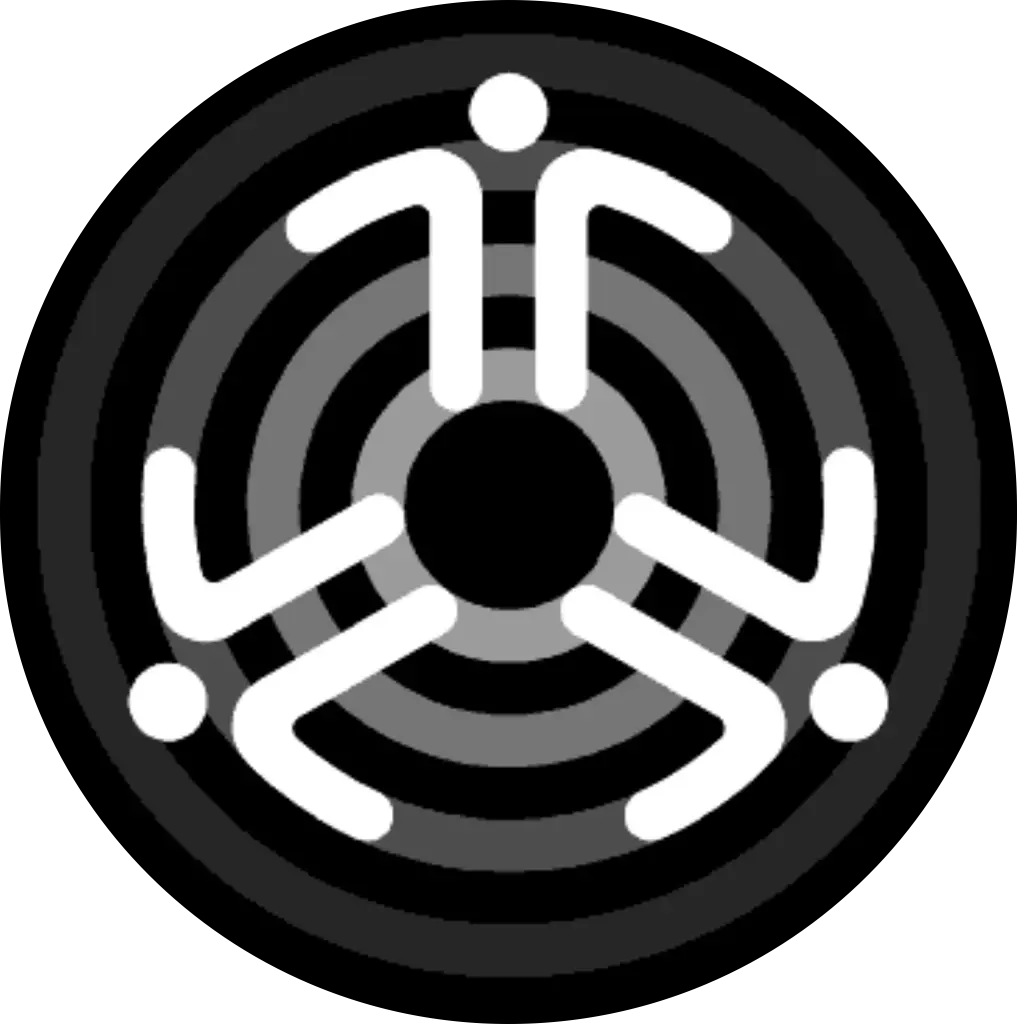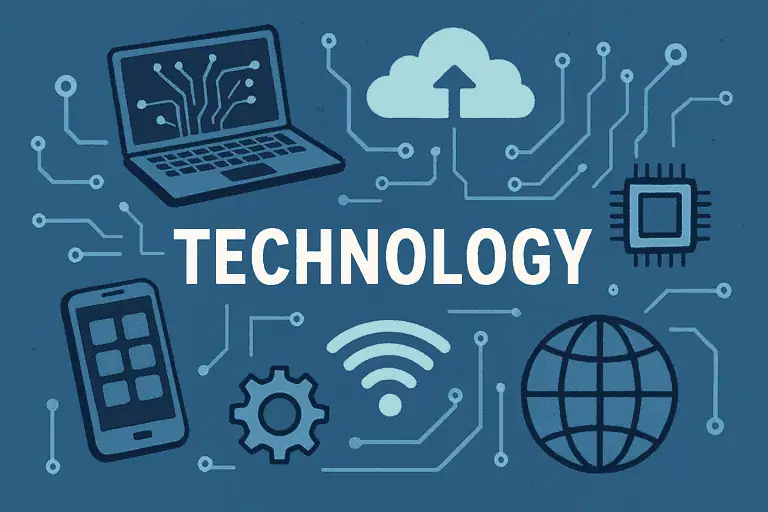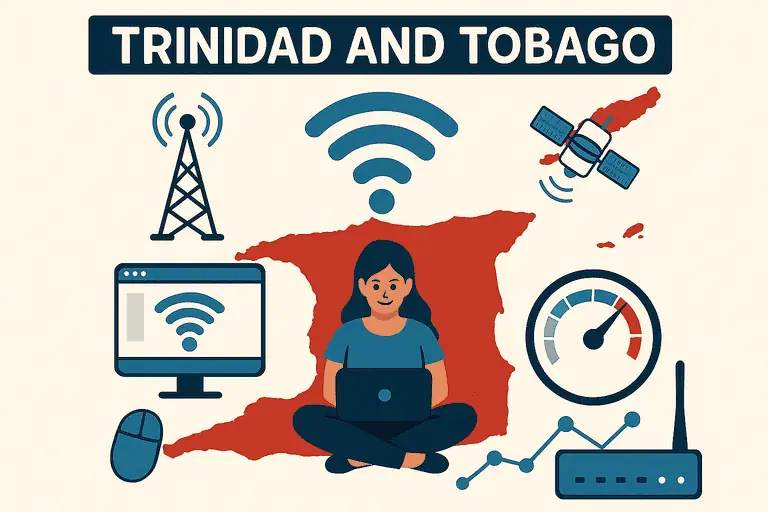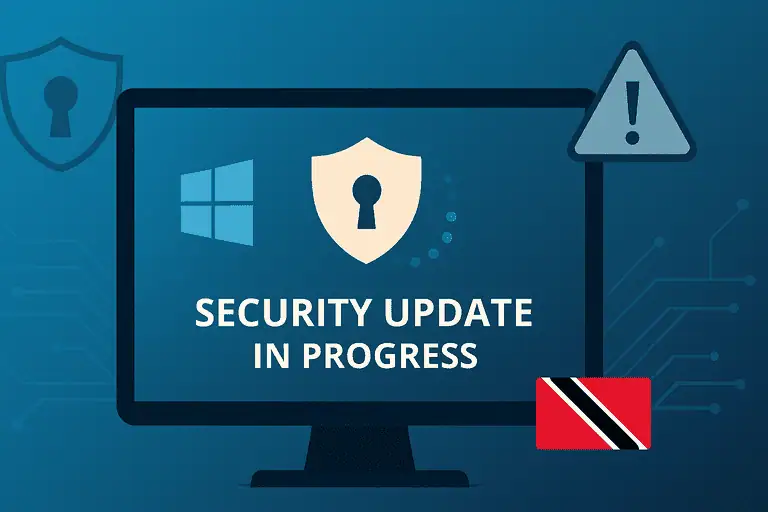There is a press release at the Ministry of Public Administration and Information (MPAI) about the computer refurbishment project which doesn’t reveal much details that hasn’t been publicised abroad.
View MPAI press release about Computer Refurbishment Project.
Text of MPAI press release :
Computer Refurbishment Project
The National Information and Communication (ICT) Strategy, fastforward, recognizes the need to maximize the potential within all citizens. This aligns with Vision 2020’s definition of “innovative people” as one of the five (5) pillars in the National Strategic Plan for Development. As Trinidad and Tobago moves towards becoming a knowledge-based society, affordable and convenient access to computers and the Internet by all citizens will play an increasing role in the success of both fastforward and Vision 2020.
One guiding principle posits that equitable social and economic development is largely a derivative of access to quality education and the capacity to leverage existing knowledge. However, the prohibitive costs and limited access to technology and connectivity, especially among those in low-income areas, constrain the development of skills required to actively participate in the knowledge society.
One of the ways in which Government is addressing this “digital divide” is through a regional Computer Refurbishment Project. This initiative aligns with key activities defined in the Commonwealth Action Programme for the Digital Divide (CAPDD). To this end, the Government of the Republic of Trinidad and Tobago is partnering with the Commonwealth Secretariat to pilot the first such refurbishment facility. Coordinated by the Ministry of Public Administration and Information, this refurbishment project undertakes to develop a national and sustainable system for collecting, upgrading, repairing and replacing computers for use in schools and communities across Trinidad and Tobago, and eventually within the region. Donations from governments, corporate citizens, and the Diaspora are expected to be the main sources for stocking the refurbishments centres.
The Computer Refurbishment Project is under the broader Computers for Communities programme, and falls within the backdrop of several complementary initiatives aimed at increasing national levels of computer usage and Internet access. These include the National Broadband Strategy to provide nationwide, high-speed Internet access at internationally competitive rates, and the outfitting of Community Access Centres with computers, Internet access, and relevant training programmes.








